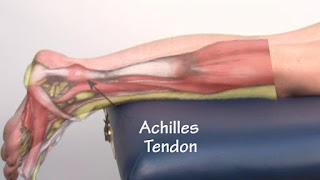Bariatric surgery Washington DC is surgery to help you lose weight, but the procedure alone will not yield results. Successful results after bariatric surgery DC require a life-long commitment to healthy eating habits.
Portion sizes after bariatric surgery Washington DC
One of the biggest changes that you will have to make after bariatric surgery DC is that your portion sizes will need to be much smaller. Bariatric surgery procedures DC alter your stomach so that it holds only a small amount of food. A normal stomach can hold about 6 cups of food, but the capacity of your new stomach will depend on your surgeon and which bariatric surgery options Washington DC you chose. Laparoscopic banding creates an adjustable pouch that usually has a capacity between ½ cup and 1 cup. If you chose gastric sleeve bariatric surgery DC, your stomach will hold about 10 ounces of food. A stomach after gastric bypass may initially only hold about 2 tablespoons of food, but that can change as your stomach heals and stretches.
Eat several small meals a day after bariatric surgery DC
The small portion sizes required following bariatric surgery DC will mean that you can no longer eat the traditional three meals a day. Instead, your bariatric surgery doctors Washington DC will likely recommend that you eat 5-6 small meals per day.
Monitor your intake of liquids
With or without bariatric surgery procedures DC, staying hydrated is an important part of staying healthy and after bariatric surgery DC you will have to put more thought into how you do so. Even with a small stomach pouch, if you drink a lot of high-calorie beverages they may go right through your stomach and keep you from losing a significant amount of weight. Water is the best choice for staying hydrated, and your bariatric surgery doctors Washington DC may recommend that you do not drink during your meals so you do not fill your small stomach with only liquids.
Be aware of nutritional deficiencies
Another change that you will have to make after bariatric surgery DC is that you will have to make sure that you are getting enough nutrients and you may be monitored for nutritional deficiencies. Some bariatric surgery options Washington DC (specifically gastric bypass) can lead to serious nutritional deficiencies so you will have to read food labels carefully and visit your doctor regularly for checkups. Visit www.medstarwashington.org to learn more about bariatric surgery options Washington DC.




















